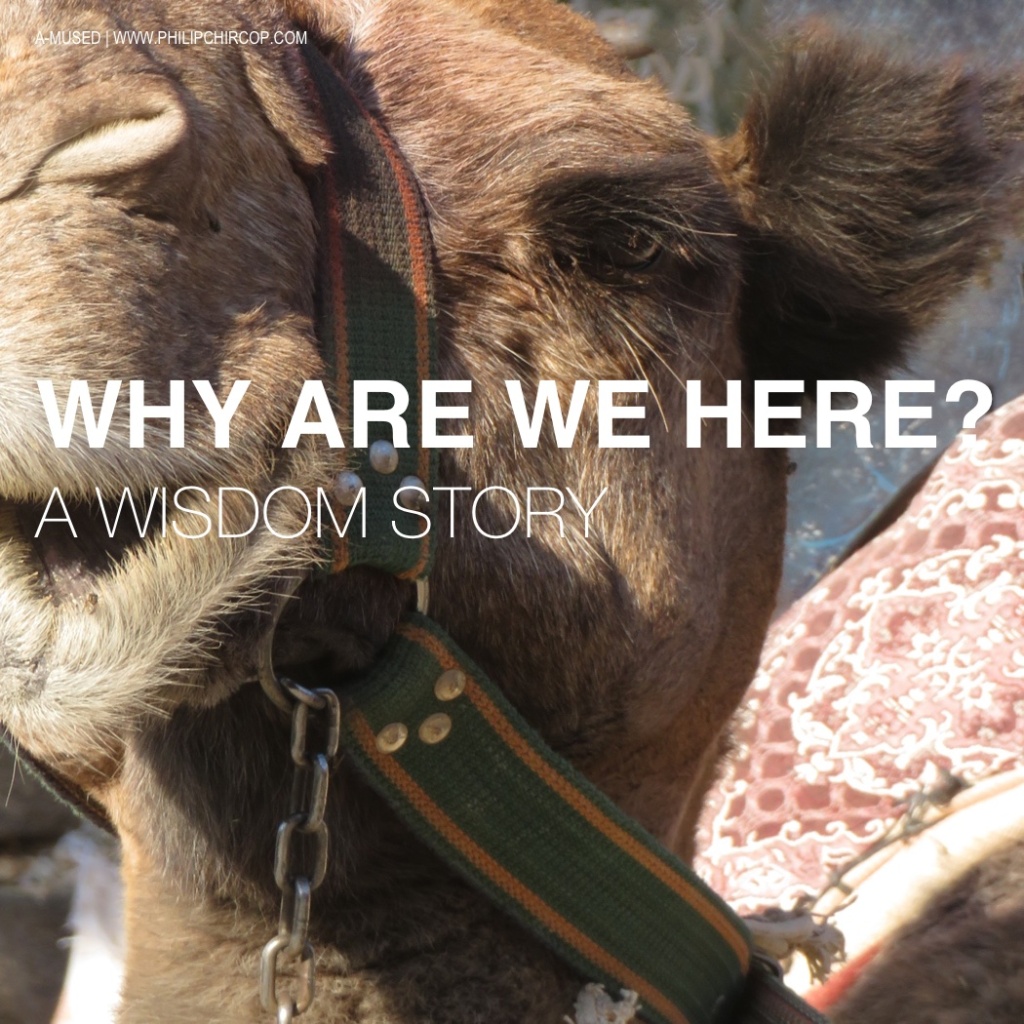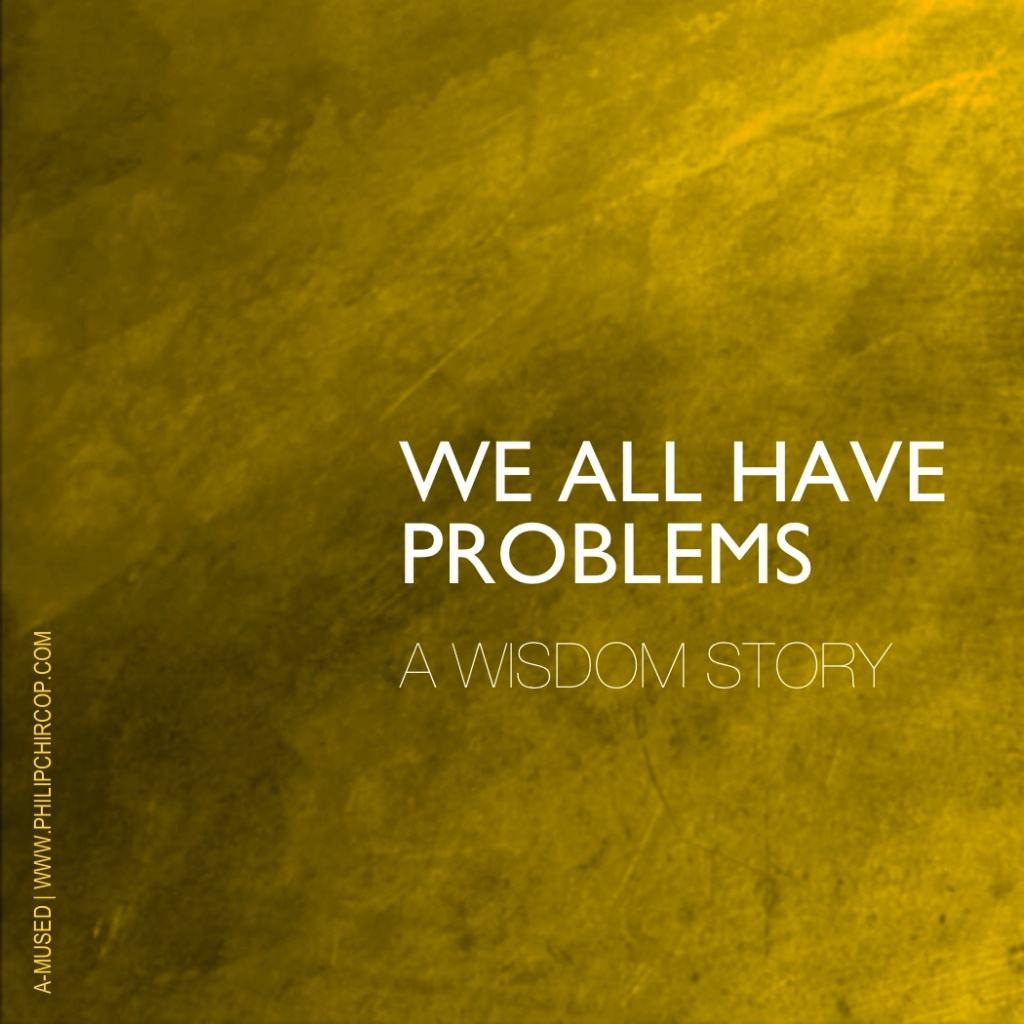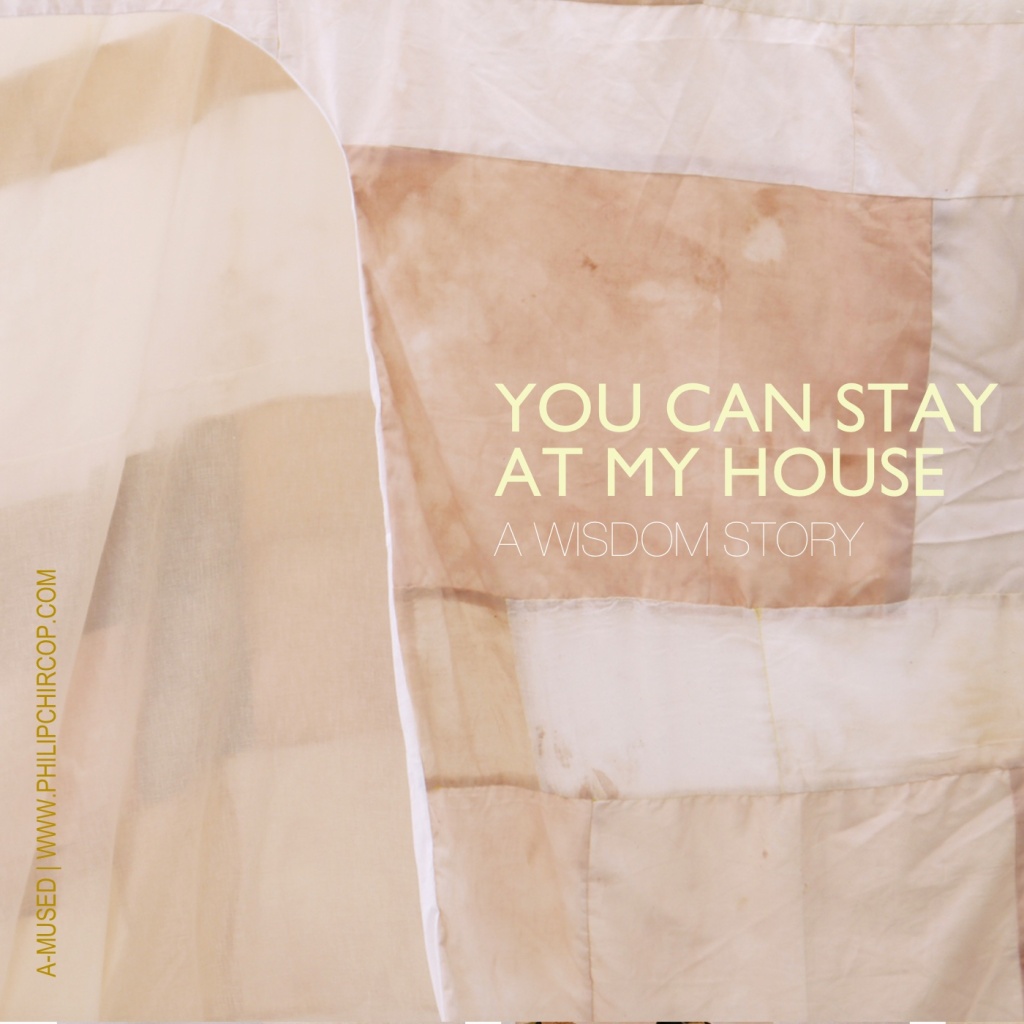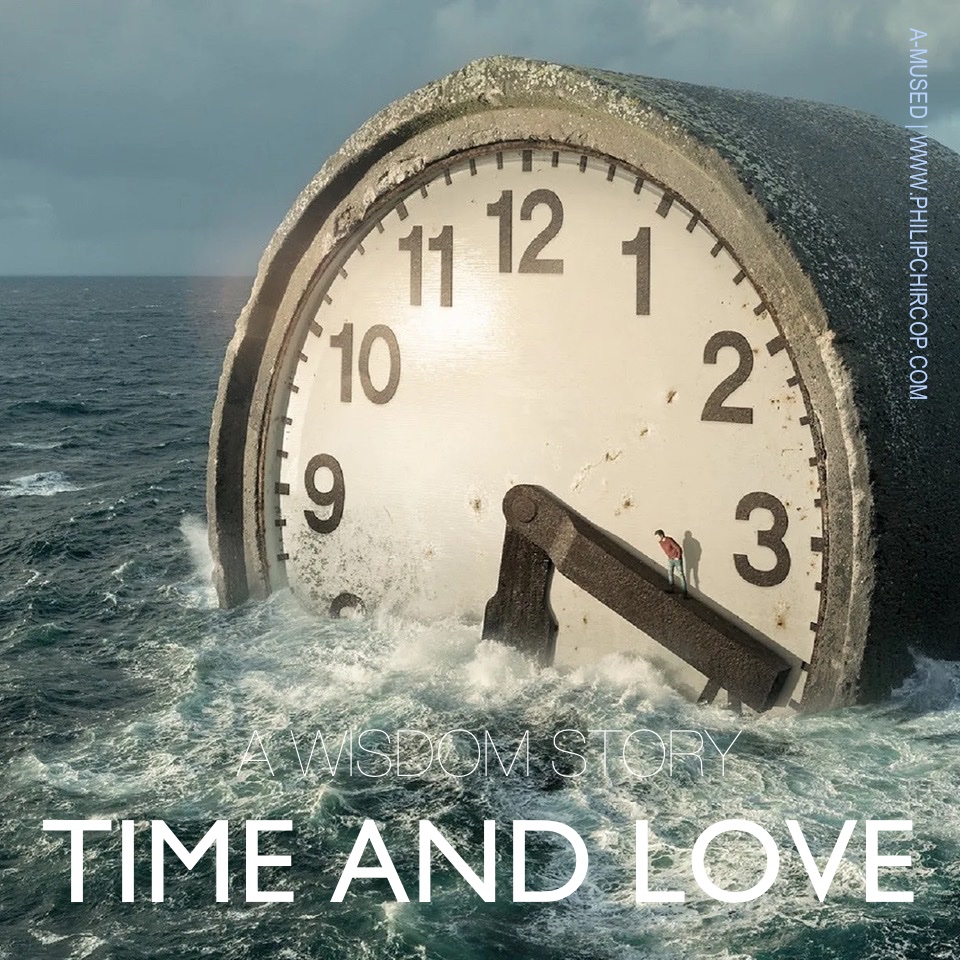
A mother camel and her baby are talking one day and the baby camel asks, “Mom why have we got these huge three-toed feet?” The mother replies, “To enable us trek across the soft sand of the desert without sinking.”
“And why have we got these long, heavy eyelashes?” “To keep the sand out of our eyes on the trips through the desert” replies the mother camel.
“And Mom, why have we got these big humps on our backs?” The mother, now a little impatient with the boy replies, “They are there to help us store fat for our long treks across the desert, so we can go without water for long periods.”
“OK, I get it!” says the baby camel, “We have huge feet to stop us sinking, long eyelashes to keep the sand from our eyes and humps to store water. Then, Mom, why the heck are we here in the Toronto zoo?”
Source: Unknown
CONSIDER THIS
Lent is the time for the desert experience. We cannot all afford to buy a camel and head off for the desert. But we can all create a desert space in our overcrowded lives. We must from time to time return to the desert.
- In the desert we come to know ourselves, our strengths and weaknesses.
- In the desert we will remember who we truly are: the beloved of God, the Source of all.
- In the desert we will hear our name spoken, we will remember our chosenness, our mission, our calling.
- In the desert we will learn how to wrestle with seeming opposites: the holy spirit and satan, angel and beast, the contradictions that when consciously embraced will make us whole (and holy).





